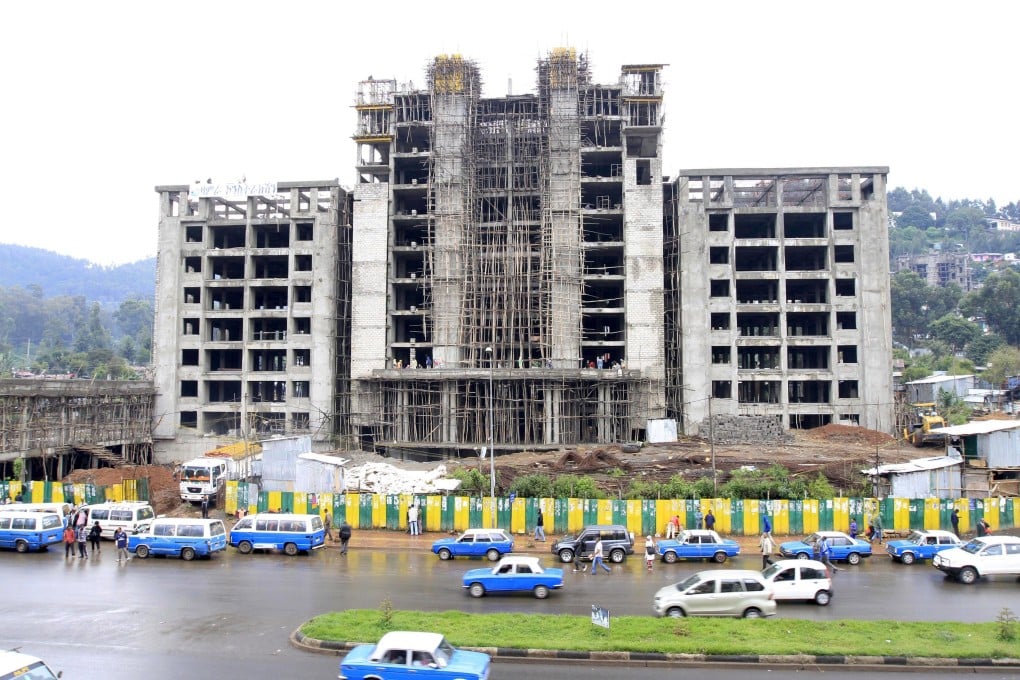
In May 2000, the Economist magazine featured Africa on its front cover, characterising it as the ‘hopeless continent’ that owed a greater part of its misfortune to acts of man rather than acts of God. A little over a decade later, in December 2011, the front cover of the magazine featured Africa once again, with the words ‘Africa rising’ and the statement that Africa had a real chance of following in the footsteps of Asia.
The contrast could hardly be starker. Africa’s turnaround is surely one of the early twenty-first century’s great economic and political stories. But it is one that has frequently gone unsung until recently. The core elements of the transformation were laid out recently by Sean Cleary of the Future World Foundation at a closed-door meeting among Africa specialists to discuss investment prospects on the continent.
Just for starters, the sheer size of the continent is astounding, accounting for one-fifth of the earth’s land surface. China, India, the United States, Japan and large parts of Western Europe could all fit into the 55 states that make up Africa.
Economies on the continent have averaged more than 5 per cent growth per annum in the 2000s, well above the global average. This is in sharp contrast with the 2 per cent average registered throughout the 1990s. Ten out of the 16 fastest growing economies in the world since the turn of the century have been African.
Foreign direct investment inflows into Africa were a mere US$9 billion in 2009, rising to $54 billion by 2014. Africa’s share of global FDI is less than 5 per cent. But not for long. At least half of recent FDI growth is undertaken with an eye to a rising middle class and fast-growing urban concentrations.
Fuels and minerals still account for a chunk of African merchandise exports. But diversification is afoot, with manufactured exports expanding four-fold since the mid-1990s. McKinsey estimates that only one-third of recent African growth comes from natural resources.
Africa’s current population of around 1.1 billion is projected to double by 2050 and reach 4.2 billion in 2100, by which time 40 per cent of humanity will reside in Africa, up from 16 per cent today and an estimated one-quarter in 2050. A massive demographic dividend awaits Africa. Almost half of today’s population is under 18 years of age. Imagine what this promises for the workforce and household incomes.
